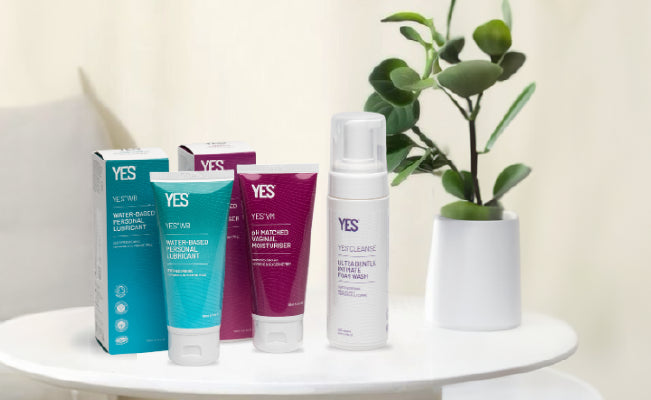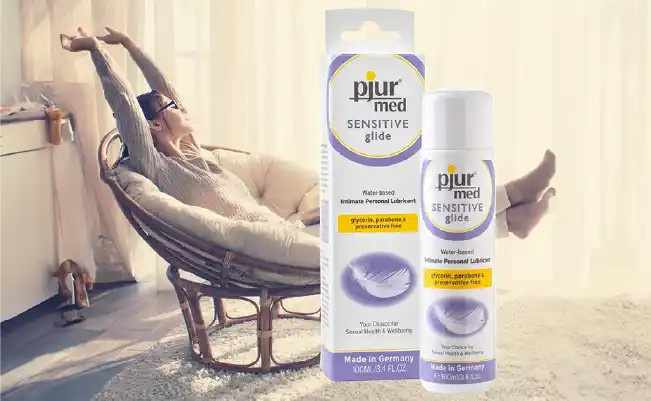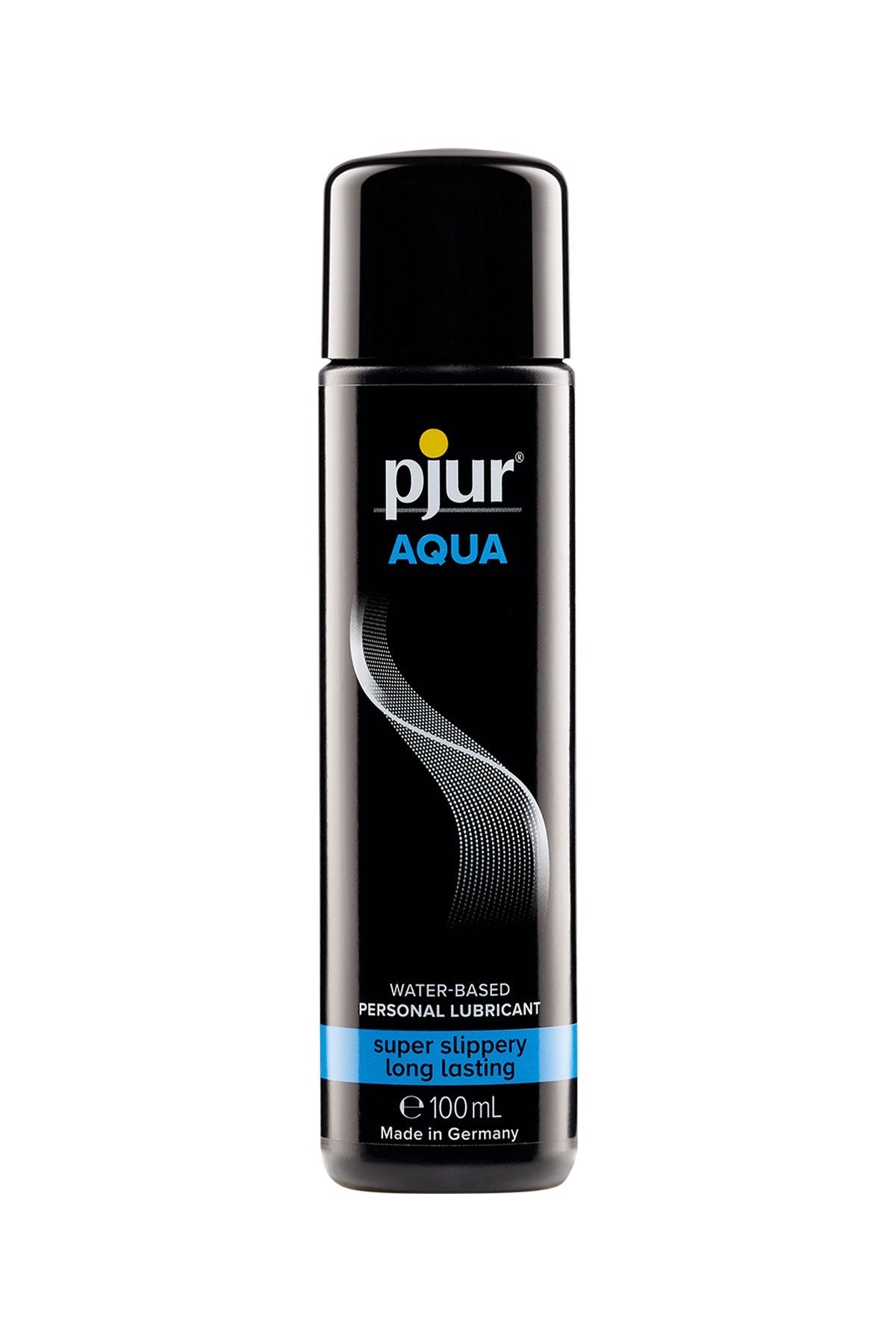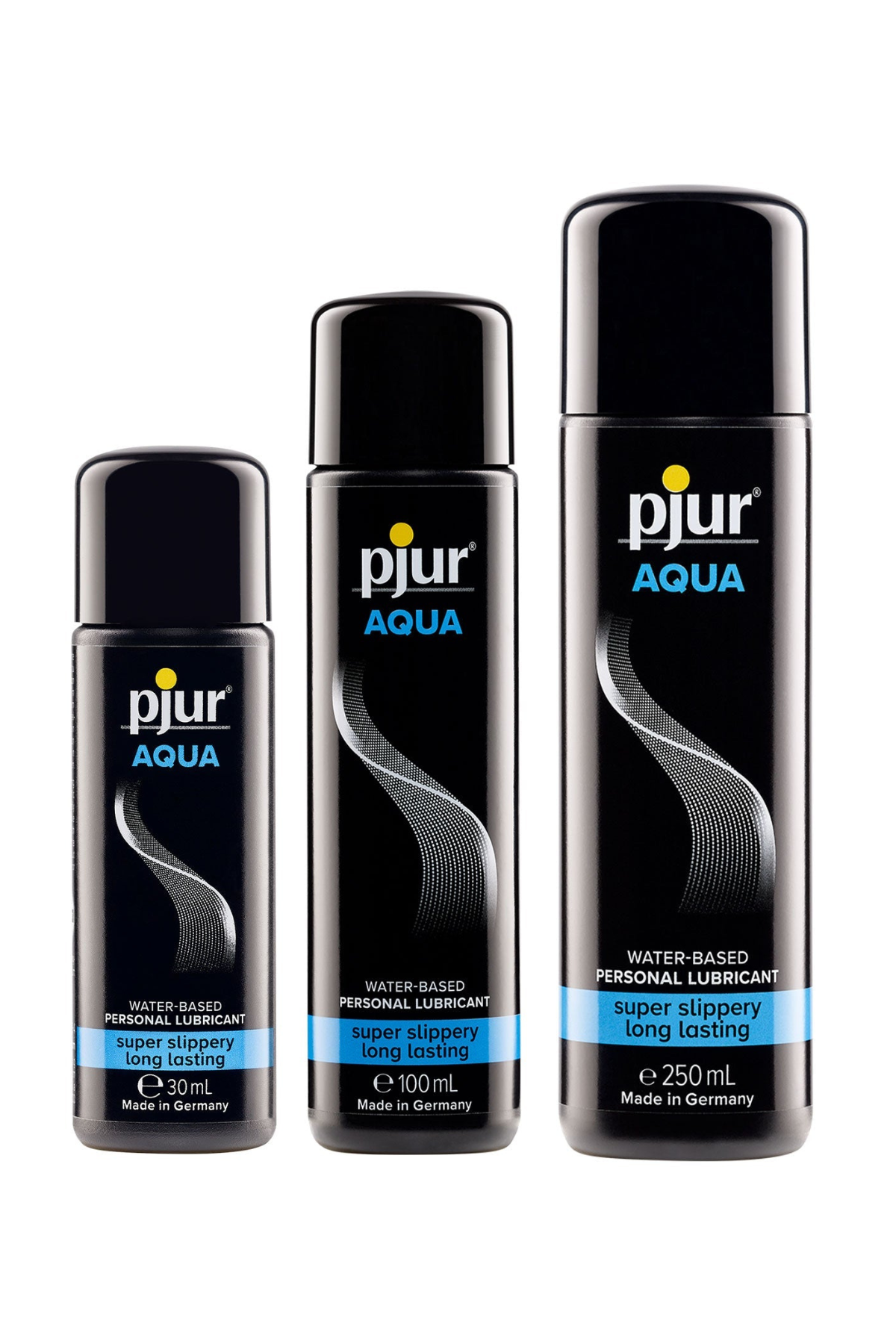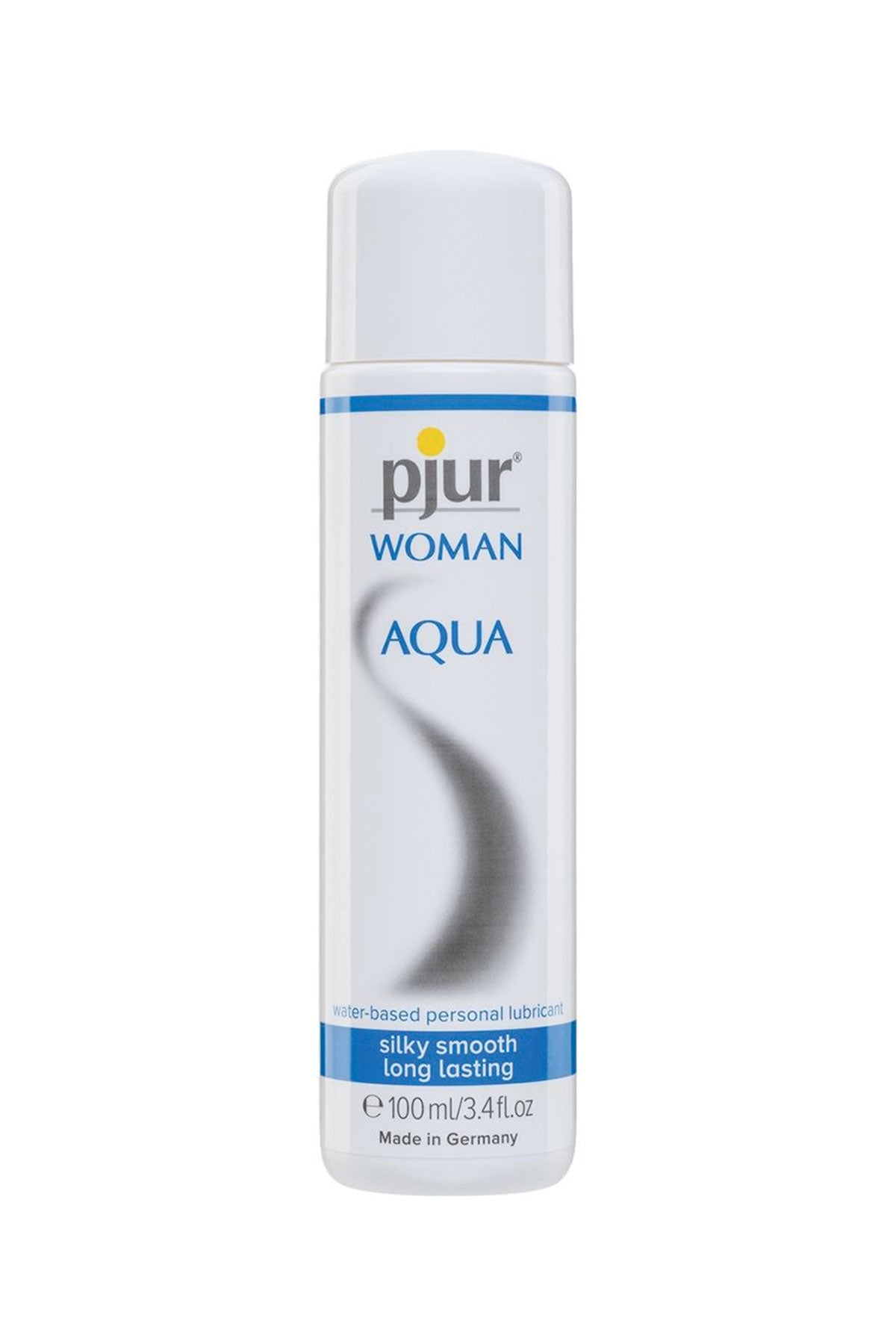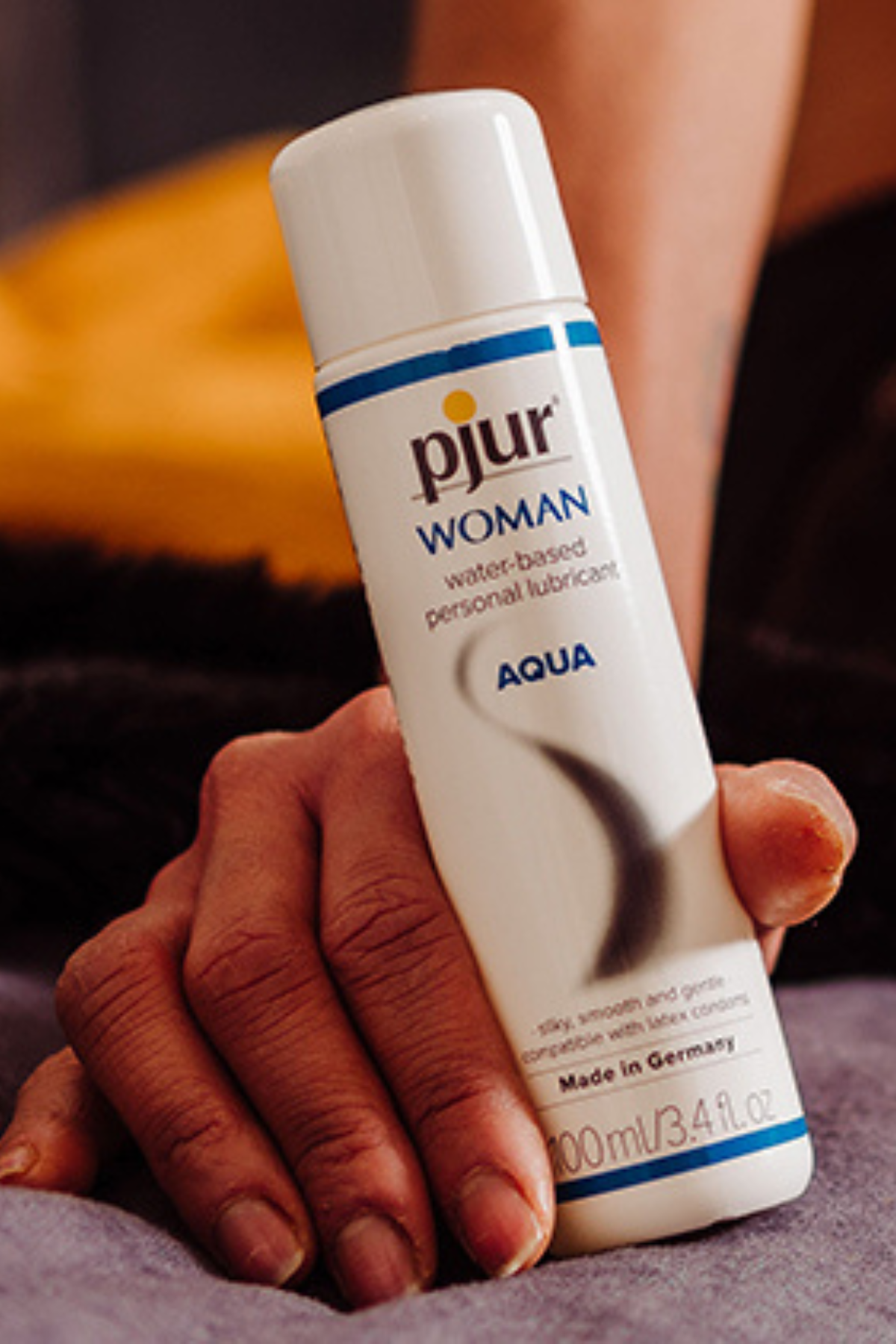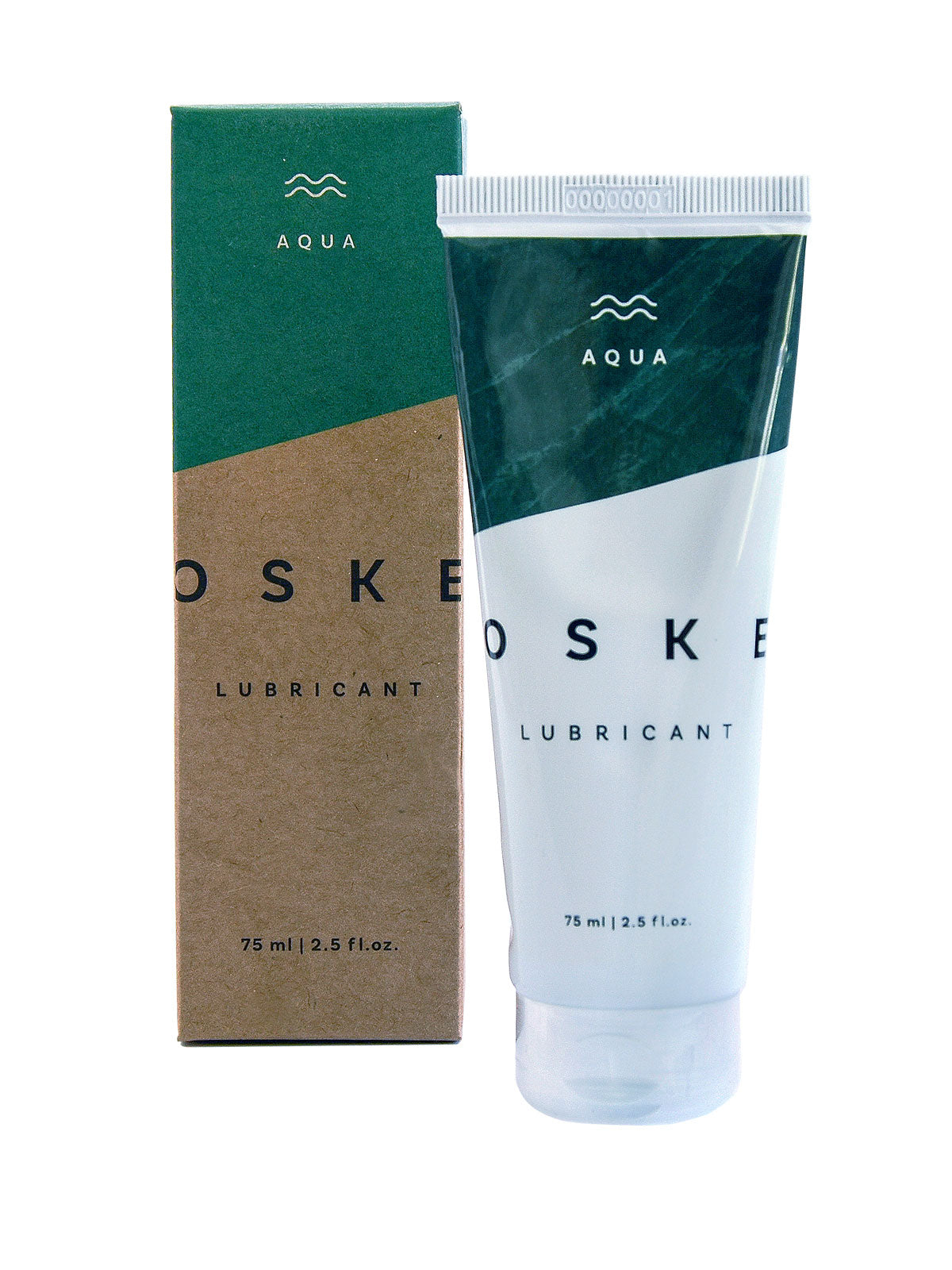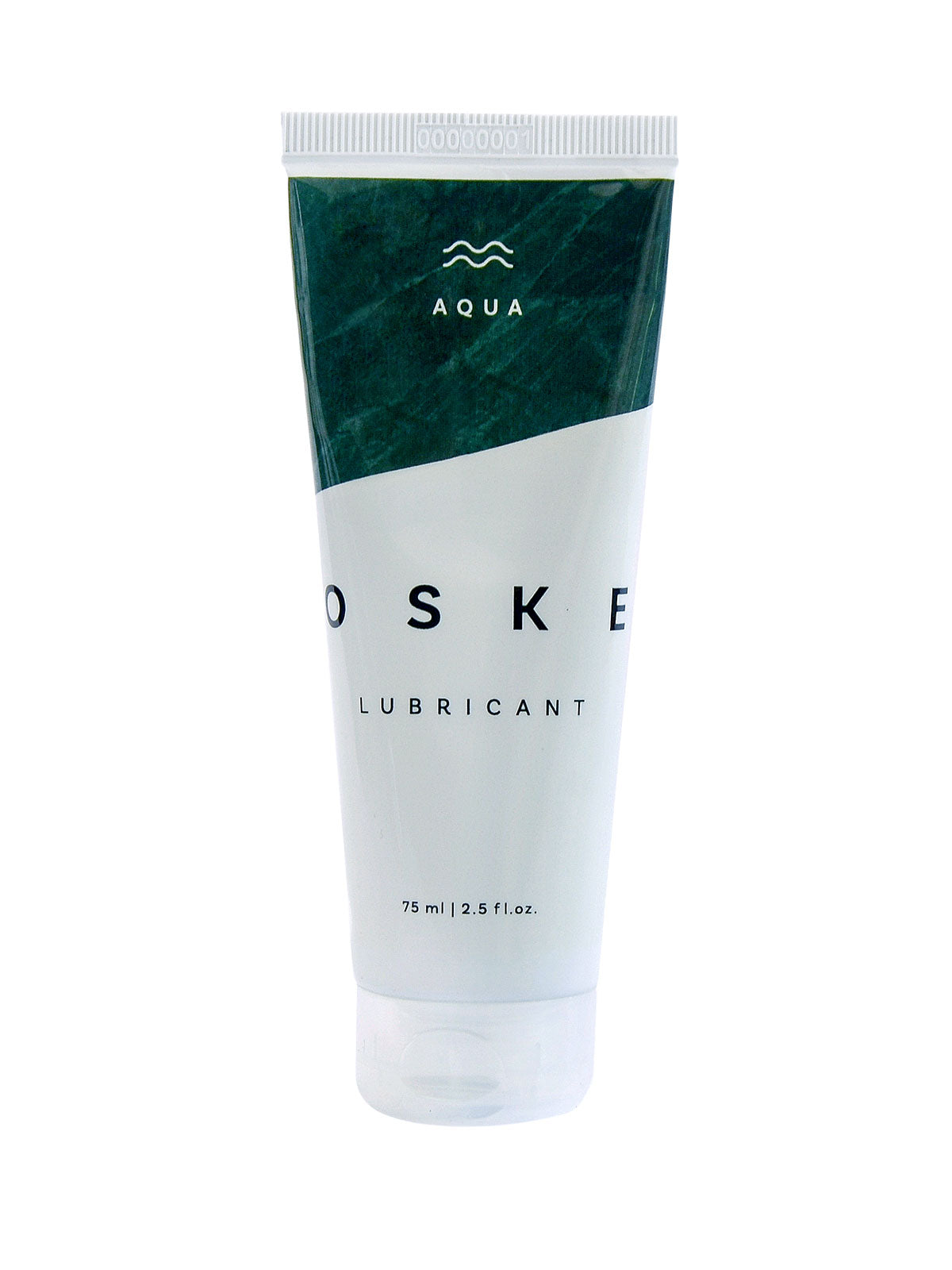
Common Everyday Factors That Can Cause Vaginal Dryness
Did you know that close on 17% of women experience vaginal dryness before menopause, and more than 50% do so after the change of life? While hormonal changes and medical conditions are already well-known causes, your daily habits and lifestyle choices play a significant role in the production of your natural lubrication. Let’s take a closer look:
What’s Vaginal Lubrication & Why Do We Need It?
According to Dr Elisabeth Rosen, a Livi doctor specialising in Gynaecology and Obstetrics:
- “Vaginal secretion is created by glands in the cervix to maintain a moist, slightly acidic environment in the vagina”.
- “The secretion helps maintain the right balance of bacteria and prevents infection by flushing out dead cells and unwanted bacteria to clean the vagina.
- “The secretion changes throughout the menstrual cycle to help or prevent the movement of sperm and to protect the body and a potential pregnancy from infections.
- “The lubrication you experience when you’re sexually aroused is different. It’s activated in the Bartholin’s glands right by the vaginal opening. This gland produces secretions all the time, but it’s also activated when you’re sexually aroused to protect the sensitive membrane in the vagina during penetration.”
Vaginal dryness can be caused by many everyday factors in life. It can be compounded and complex to identify the exact causes. We suggest that you start with the first step, and see if any of these day-to-day lifestyle triggers resonate with how you are feeling. Any of these factors could affect the body, especially impacting on the production of oestrogen and progesterone. Here are the top causes:
1. Stress & Anxiety
High-stress levels can impact your overall health, including vaginal lubrication. Practising stress-management techniques like exercise, yoga, meditation, or simple relaxation can help maintain your natural moisture levels.
2. Dehydration
We know that staying hydrated is crucial for your overall health, including your vaginal wellness. Dehydration often reduces moisture in your vaginal tissues, so be sure to drink plenty of water throughout the day to stay well-hydrated.
3. Smoking
The big ol’ baddie! Amongst other things, smoking adversely affects your circulation and blood flow, including to your vaginal area. This leads to decreased natural lubrication. Quitting smoking can improve not only your overall health, but also help maintain your body’s moisture levels.
4. Alcohol & Caffeine
Excessive alcohol and caffeine intake can also lead to dehydration, again causing vaginal dryness. Limiting your intake of these substances and balancing them by drinking plenty of water helps maintain proper hydration and natural lubrication.
5. Poor Diet
A healthy diet and lifestyle are ultra-important for a well-functioning body, as we know. And a diet lacking essential nutrients can hamper its efficiency in more ways than one, including its ability to produce natural lubrication. Ensure you get plenty of fresh fruits, vegetables and healthy fats daily to support its overall well-being, and thus combat dryness.
6. Lack of Arousal
Sometimes, vaginal dryness is due to insufficient arousal before sexual activity. We all know proper foreplay and stimulation are great for enhancing comfort and pleasure during your intimate moments, but they’re also magical for avoiding dryness and stimulating your natural lubrication.
7. Harsh Soaps & Douching
Using harsh soaps, douches, and scented products can disrupt the natural balance of bacteria and pH levels in the vagina, leading to dryness and irritation. Instead, opt for gentle, unscented products specifically designed for your intimate hygiene.
8. Tight Clothing
Wearing tight clothing, especially non-breathable underwear, can lead to irritation and dryness. Choose breathable, cotton underwear and avoid overly-tight clothing to allow proper circulation, airflow and comfort.
9. Medication
Certain medications can contribute to vaginal dryness, including:
- Antihistamines: Used for allergies, these can reduce your overall body moisture. Check the pamphlets or consult your pharmacist or doctor.
- Antidepressants: Some happy pills can interfere with sexual function and cause dryness. Check the enclosed pamphlets to be sure.
- Chemotherapy Drugs: Are known to affect hormone levels and reduce moisture.
10. Hormonal Contraception
Vaginal dryness is a common side effect of hormonal contraception. This is because your body’s natural oestrogen and progesterone hormones are replaced by synthetic ones in hormonal contraception.
11. Over-Washing
Contrary to what you think, too much flushing of your vagina with water has a drying effect. The vagina is very clever and cleans itself - that’s the purpose of its secretions and discharges - so too much flushing can remove Nature’s way of keeping you clean.
Tips for Maintaining Natural Lubrication
Understanding everyday factors that influence vaginal dryness is the first step to managing it. Here are some tips to help you maintain your natural lubrication:
- Stay hydrated. Drink plenty of water to keep your body well-hydrated.
- Avoid bad habits. Like drinking and smoking
- Exercise regularly. A body in peak condition always promotes peak functioning of our bodies.
- Eat a balanced diet. Include a variety of fruits, vegetables, and healthy fats daily in your diet.
- Manage stress. Incorporate stress-reducing activities and natural remedies into your routine to combat stress.
- Don’t overlook the benefits of foreplay. It is better for you than you might think, so indulge!
- Avoid harsh products. Use gentle, unscented products in your intimate hygiene.
- Choose breathable clothing. Wear cotton underwear and avoid tight clothing.
- Follow your healthcare adviser’s recommendations. Always consult your medical experts and take their advice wisely.
In a Nutshell
Vaginal dryness can be influenced by many everyday factors. By being mindful of these and making healthy lifestyle changes, you can help maintain your natural lubrication and ensure sufficient lubrication, thus creating comfortable and enjoyable intimate experiences. If vaginal dryness persists or causes significant discomfort, it's essential to consult a healthcare provider for personalised advice and treatment options.
